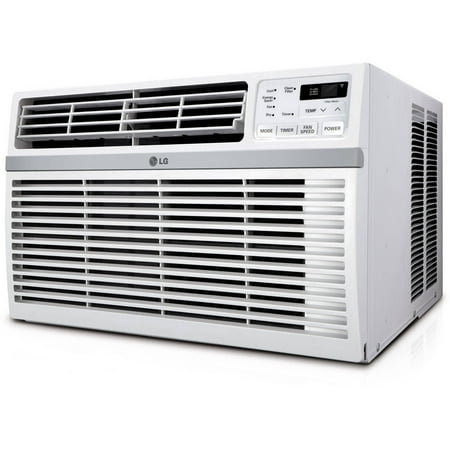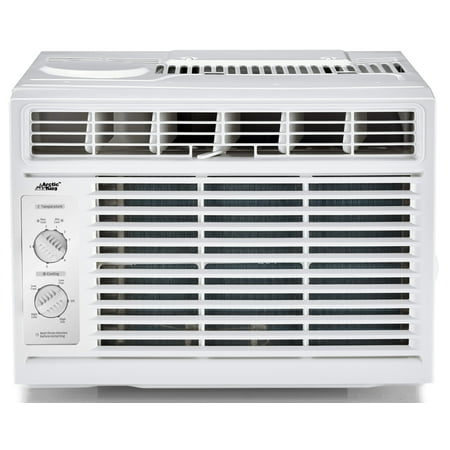O2COOL 10 inch Battery or Electric Portable Fan, Camping Fan, Tent accessory
The O2COOL 10" Battery Portable Fan will assist all of us stay cool, even if there is no power around. It is ideal for indoor and outside activities. This transportable battery-operated fan may be used whilst camping or just having an outside gathering within the backyard. Use it in a hot workplace or school, on a picnic and particularly at some point of a strength outage. These battery-operated personal fans include a range of sizes, more than one electricity source alternatives, patented blades for green operation and compact designs that allow them to be taken everywhere. The fan desires six D-size batteries if it’s far going to be used wherein there’s no electricity. It has a take care of built-in for carrying, so it can be transported without problems. When in use, the bottom pulls down for stability. If power is present, it may be used as a traditional fan.






Since the O2COOL 10″ Battery or Electric Portable Fan has a bendy design, it is able to be tilted unique ranges to get the air flowing in the preferred direction.O2COOL 10″ Battery Portable Fan:Plug in with the AC adapter (no longer covered) or use six D batteries (no longer covered) for as much as forty hours of battery lifePowerful 2-pace 10″ bladeConvenient integrated cope with and a solid horseshoe basePortable battery-operated fan tilts for directional airflowCompact, folding layout makes it ideal for travel and smooth to hold and storeBattery-operated non-public fan has a collapsible design





Reviews
There are no reviews yet.